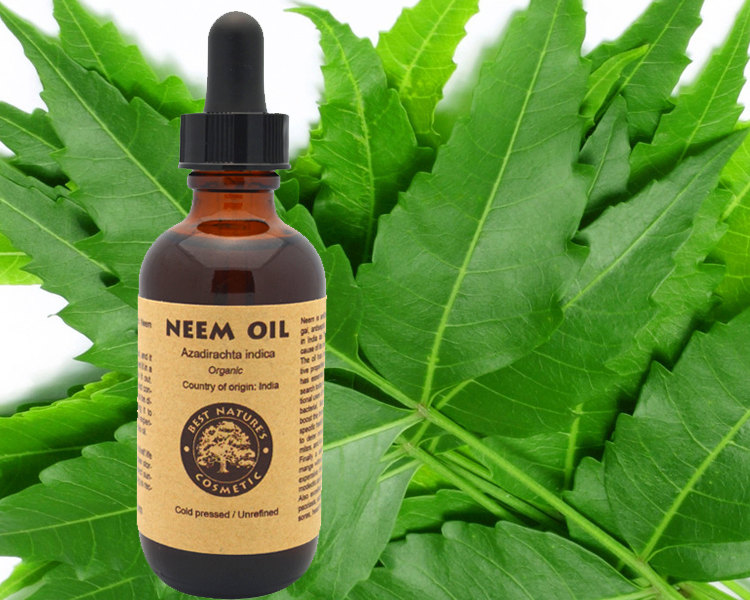One Kilifi farmer has resorted to locally available neem tree extracts to control insecticides after realising inorganic pesticides repel bees, which are essential in pollination.
Alex Mwangemi grows sunflowers, but he discovered with time that bees were repelled or killed by strong insecticides, therefore, adversely affecting yields.
“Seed and oil production from sunflower solely depends on pollination. Shying away of bees means no yields. In the course of researching on the benefits of neem trees, I realised its extracts are safe organic pesticides. I have found it working,” he said.
According to the Agriculturalist, a US online information repository, bees pollinate one sixth of the world’s flowering plants. The site adds that 400 of these are agriculture plants.
Onions, carrots, tomatoes, beans are just but a few examples.
Mwangemi, who extracts neem oil for sale, soaks briquettes from seed husks in water over night. One kilogramme of briquettes in dipped into two litres of water. By the following day, the ‘juice’ is ready for use.
Ten litres of the concoction is applied on a quarter an acre of sunflowers.
“It is a safe biopesticide whose residue is broken down to harmless components. Some inorganic pesticides irritate the skin eyes, breathing system and other organs. But I have never experienced the same with either neem oil or briquette extracts,” Mwangemi said.
Azadirachtin is the active ingredient that gives the neem tree the healing and killing properties, according to the US National Pesticide Information Centre.
Although oil can be used as a pesticide too, the farmer prefers to extract it for sale.
The oil relieves pain in aching teeth. Its disinfecting property makes it a preferred ingredient in toothpastes, cosmetics, detergents, pesticides, among other external application products.
Using the briquettes as cooking energy and application of the oil on the skin also repels mosquitoes. This effectively prevents spread of filarial worms and plasmodium parasites, which cause elephantiasis and malaria respectively.
PHOTO courtesy of www.indiamart.com
A Kilifi County farmer is minting neem oil which is increasingly being used to control Coast region’s dreaded disease, elephantiasis, by repelling vector mosquitoes.
Alex Mwangemi makes more than Sh30,000 from one tree after selling one litre of the neem oil at Sh2,000.
Mwangemi harvests seeds twice per year from the neem tree.
“The giant Neem trees require no attention to bear the seeds. One mature tree gives 30kg to 40kg of fresh seeds. One litre of the oil is extracted from four fresh kilos of the seeds,” he said.

Harvesting 30kg for two rounds yields gives 60kg of fresh seeds. The 60kg in turn yield 15 litres of the oil.
Mosquitoes are common at the Coast region because of the warm climate.
Application on the oil on the skin just like ordinary petroleum jelly repels mosquitoes, which a spread, elephantiasis, malaria, dengue fever, among other diseases.
The oil is helping control elephantiasis because mosquitoes that spread the disease cannot land on a surface having the substance.
Azadirachtin is the active ingredient that gives the neem tree the healing and the repelling properties, according to the US National Pesticide Information Centre.
READ ALSO: Farmer courts insect-friendly neem extracts to boost sunflower yields
Mosquitoes attack in the evening, when most people, especially men are enjoying ‘madafu’, the alcoholic extract from green coconut fruits. That is why the people believe the disease is caused by madafu.
The Kwale, Mombasa, Kilifi, Tana River and Lamu counties residents little know that while they enjoy madafu in the evening under coconut trees, the mosquitoes bite and spread the disease among them.
The disease later spread to women, who were not in the drinking spree after the mosquito bites. The pool of elephantiasis causing germs- filarial worms- moves to the man who was drinking, then to the family.
The Marikebuni Village farmer also makes cooking briquettes out of the seed husks. Burning briquettes too emit the repellent, therefore, keeping off mosquitoes.
READ ALSO:Subukia farmers fight pests with neem leaves
Elephantiasis causes enlarging of body parts served by the lymphatic system. In men, testis are can be enlarged to attain more than five kilos. Lower limps of both men and women balloon to appear as those of an elephant, hence the name elephantiasis.
Mwangemi says the belief that the diseases is caused by madafu is yet to be demystified for the people to accept new remedies.
Mwangemi can be reached on +254724706579.
PHOTO: www.etsy.com
















Comments powered by CComment